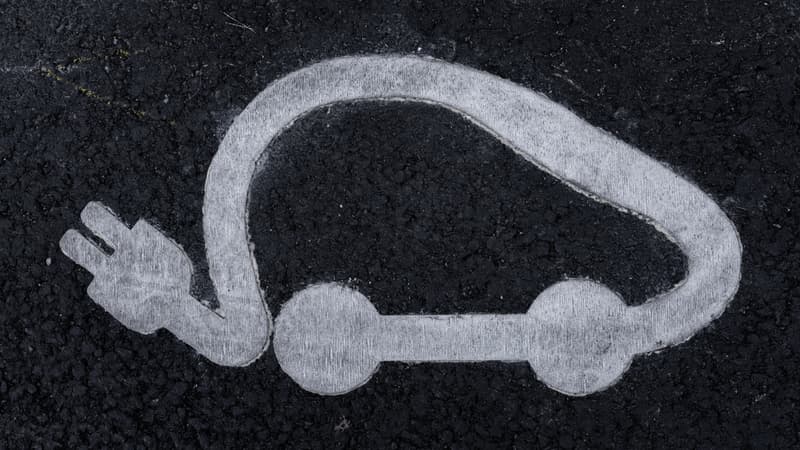More than one car in 10. Last year, new electric car registrations reached 12.1% of total sales in Europe, compared to less than 2% in 2019. A record. “The growth of electricity sales will far exceed that of the market” in 2023, predicts Al Bedwell, from LMC, quoted by AFP. A confidence that confirms the annual study on the automotive sector signed by Deloitte published this Thursday.
400 kilometers of minimum autonomy
44% of the people consulted by the firm believe that their next car will be a 100% electric model. Sign that the electric car is no longer a niche. But behind this pocket of buyers, “there are blocks and restrictions to be eliminated if we want to maintain this momentum over time,” summarizes Guillaume Crunelle, partner in charge of automotive at Deloitte. Convinced that they will pass, yes, but not under any condition.
Autonomy always raises questions. They are therefore 79% to request a minimum of 400 kilometers of autonomy. This level is found in theory in the models that are currently reaching the market, but this question of autonomy continues to be the 2nd obstacle to buying an electric car.
Loading time is also a crucial issue. While almost two-thirds (65%) of those surveyed plan to recharge more frequently at home, 53% of those surveyed want to be able to recharge in between 20 minutes and an hour, “which corresponds to the time of a fast recharge”, Guillaume analyzes. Crunelle. The question then arises of the type of terminals that are being developed in France. According to Avere’s latest figures, almost 90% of installed public terminals are 22kW or less.
Pay with your bank card at the terminal
And if they are willing to wait a bit in the terminal, on the other hand, the respondents are categorical: they want to pay their charge with a bank card (52% of the respondents, a figure that rises to 65% among those over 55 years of age). Another reality that still exists in moderation in the current network of charging stations. And it points to a certain fragility of the massive and lasting transition to electricity.
Not to mention the purchase price: only 20% of those surveyed plan to spend between 30,000 and 50,000 euros on their purchase, the average list price of an electric car on the market. In the 2021 study, this was the second criterion that blocked the transition to the electric car. In 2022, it became the first.
An electric car, to save money on a day-to-day basis
If the purchase price remains a sticking point, saving money by recharging, as opposed to going to a service station, is one of the main reasons that pushes towards the electric car. Around the world, motorists place at the top of their criteria for choosing an electric car its lower cost of use compared to fuel. The weather only comes in 4th position.
* This study was conducted online between September and October 2022 with more than 26,000 people in 24 countries, including 1,006 people in France.
Source: BFM TV


